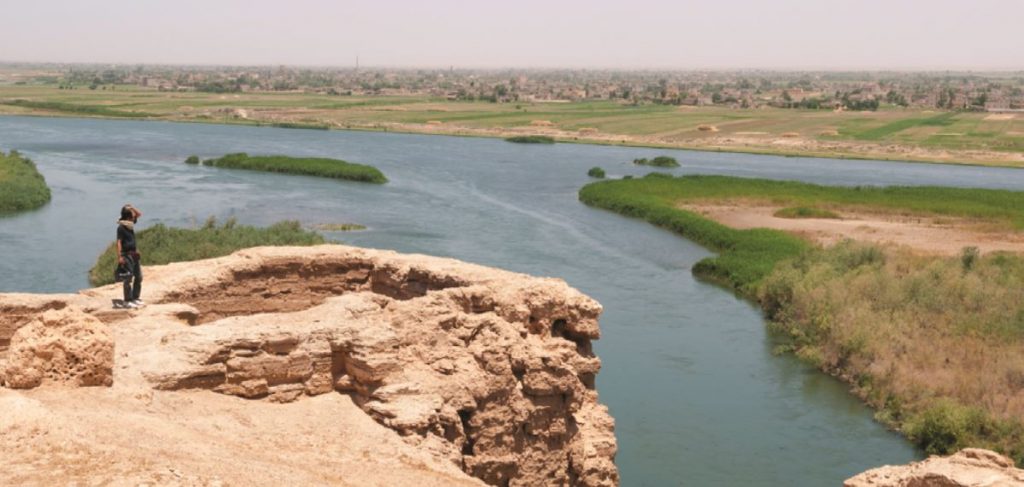Water diplomacy: Facilitating dialogues
Please, help us understand your needs better
Are you reading this publication as part of a course, for work or for your own knowledge? Let us know by emailing: coms@siwi.org
Water diplomacy is an approach that enables a variety of stakeholders to assess ways to contribute to finding solutions for joint management of shared freshwater resources. It is a dynamic process that seeks to develop reasonable, sustainable and peaceful solutions to water management while promoting or informing cooperation and collaboration among riparian stakeholders.

Water diplomacy in conflict-affected regions offers dialogue entry points different to more traditional conflict management mechanisms. There is a continuous demand for knowledge about water diplomacy and, in particular, about the linkages between political and technical tracks. There is an urgent need to further integrate science, policy, and practical perspectives in multi-track water diplomacy processes to contribute to improved transboundary water cooperation necessary in conflict-affected regions.
For water diplomacy processes to be effective they need to be flexible enough to respond to changing political landscapes and climate change. Many water diplomacy processes take place in a context of so-called informal diplomacy with non-state actors (Track 2) or with official actors in informal roles (Track 1.5). These tracks are complementary to the formal processes (Track 1) and tend to be most impactful if they are well linked.
Effective and sustainable solutions require better cooperation across and between actors and sectors; foremost the political and technical tracks of transboundary water management.
One of the main challenges is to ensure that available technical knowledge informs the political tracks of water diplomacy and how to build trust effectively to ensure sustainability of water cooperation processes.
This policy brief has been authored by Dr Martina Klimes, Advisor, Water and Peace at SIWI and Elizabeth A. Yaari, Senior Manager at SIWI on behalf of the ICWC, the International Centre for Water Cooperation hosted by SIWI under the auspices of UNESCO. The brief is based on an editorial article authored by Martina Klimes, Elizabeth A. Yaari, David Michel, and Phillia Restiani in the Special Issue on Water Diplomacy of the Journal of Hydrology published in April 2019.
Are you reading this publication as part of a course, for work or for your own knowledge? Let us know by emailing: coms@siwi.org
Linnégatan 87A
Box 101 87
100 55 Stockholm, Sweden
+46 8 121 360 00
siwi@siwi.org
We usecookies on our websiteto make your experience better. Yourpersonal data is safeand we do not sell it to anyone.
The website is running without cookies, some features will not work.